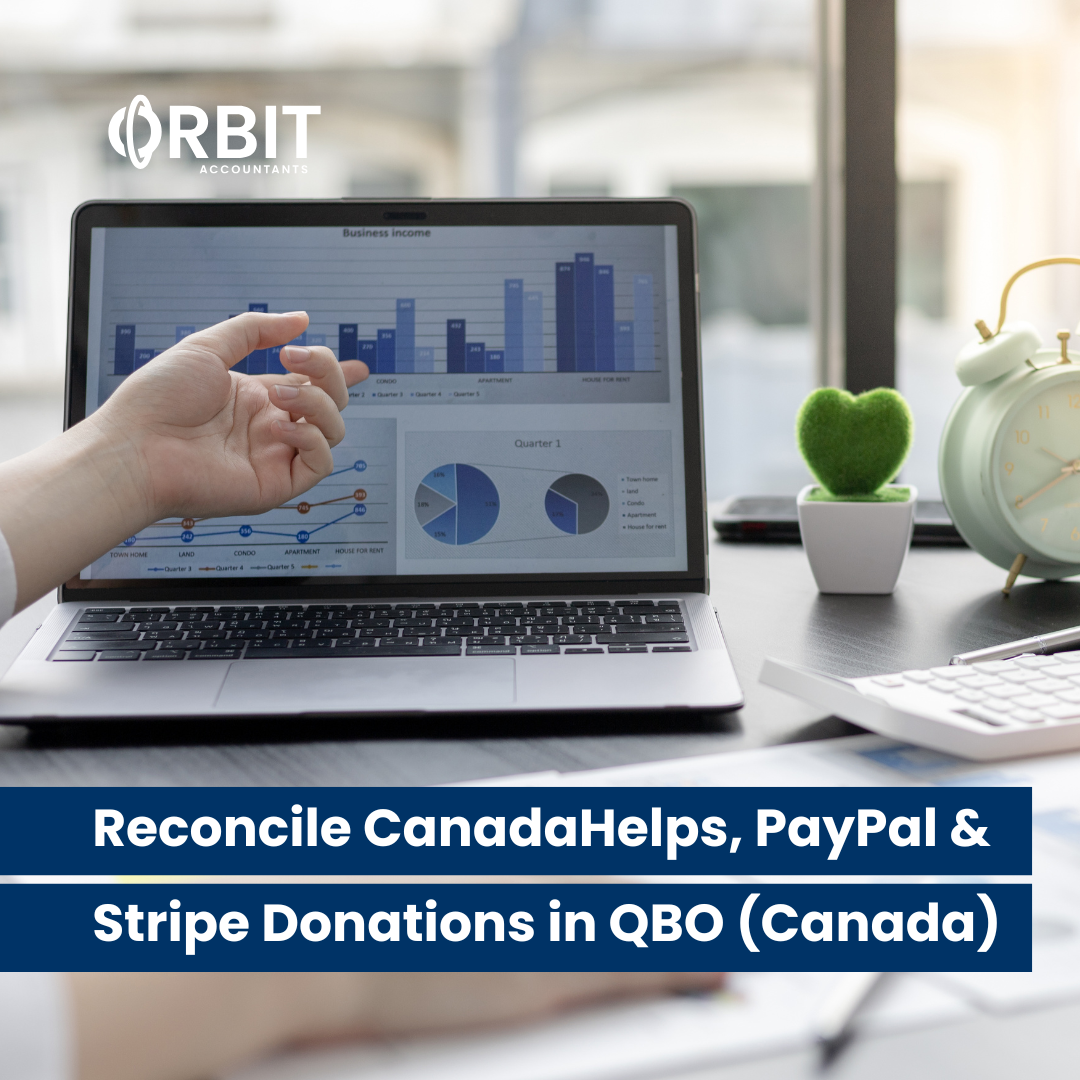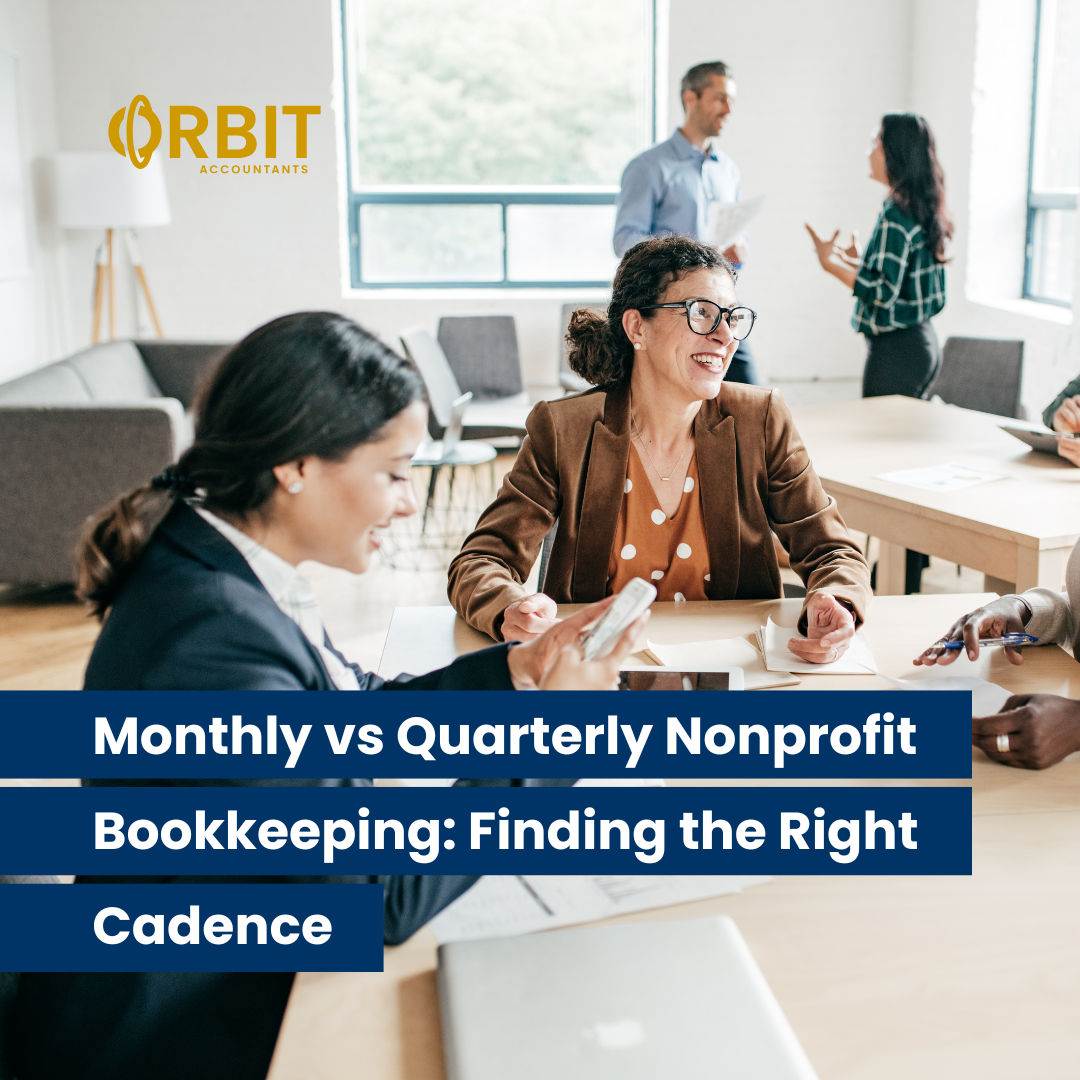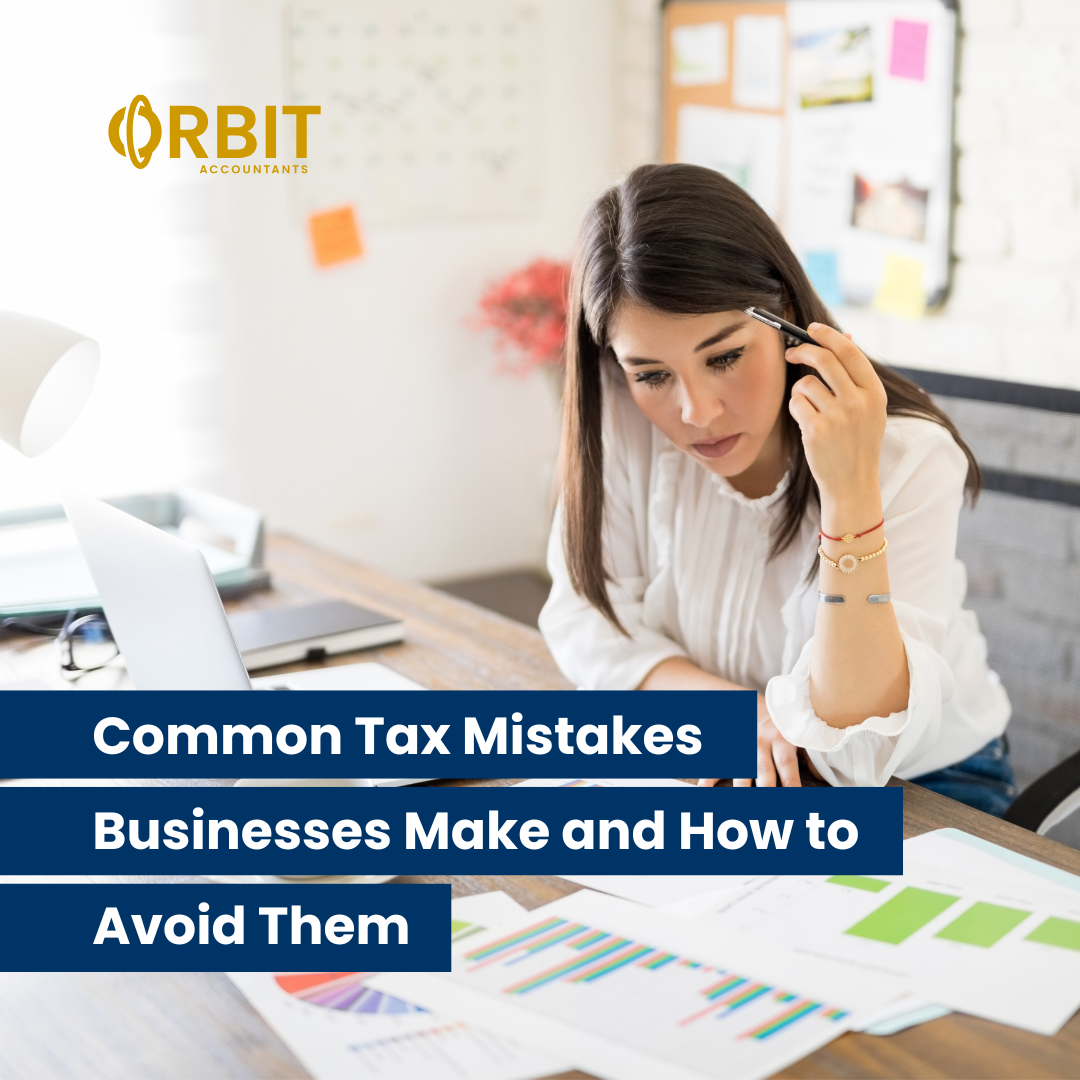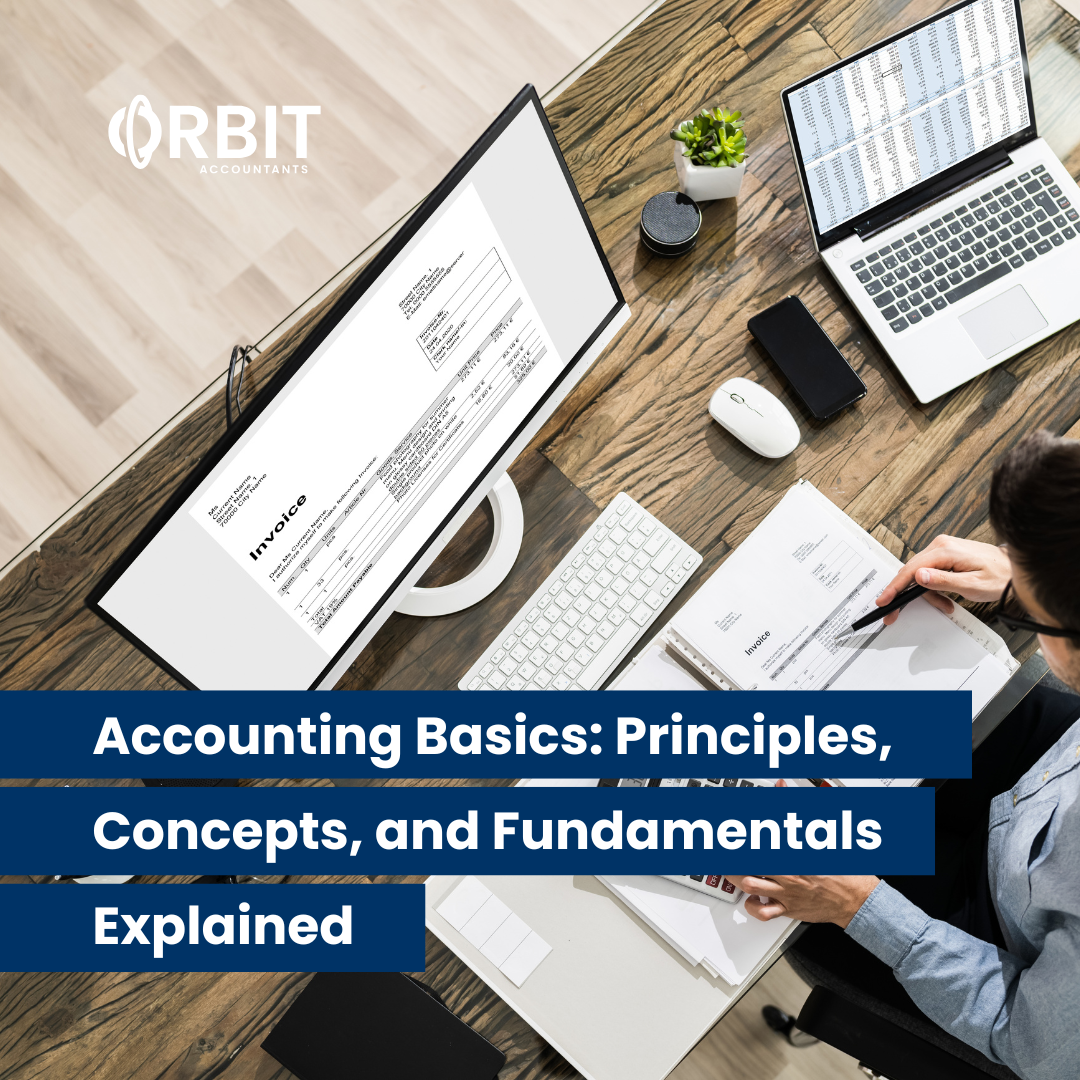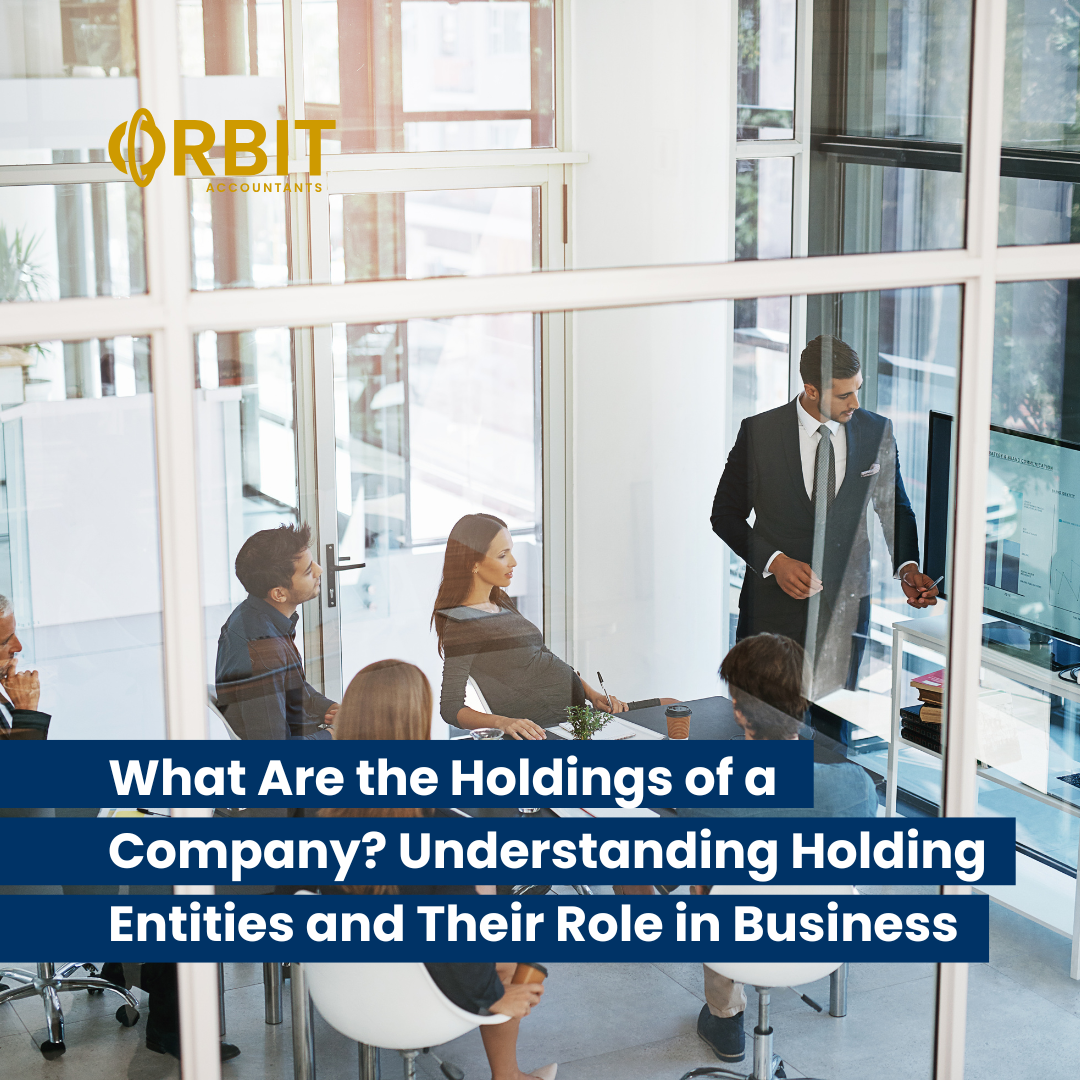
Table of Contents
What Is a Business Holding, Really?
If you’re wondering what are the holdings of a company, you’re not alone. Many business owners stumble across this term while expanding, optimizing taxes, or protecting their assets.
At its core, a holding entity or holding corporation is a company that owns other businesses (or assets) but doesn’t necessarily sell products or services itself.
Think of it as the parent in a business family tree. The actual day-to-day work? That’s done by subsidiary companies.
✅ Holding of a company = the shares, assets, or interests it controls in other companies.
Types of Holding Companies
Not all holding businesses are created equal. Here’s a quick breakdown:
| Type | What It Does | Common In |
| Pure Holding Company | Exists solely to own shares of other companies | Large corporations |
| Mixed Holding Company | Owns other companies and may also conduct its own operations | Conglomerates |
| Immediate Holding Co. | Controls another company but is itself controlled by another holding | Multi-tiered business groups |
| Intermediate Holding | Sits between the parent and final subsidiary | Strategic restructures |
Are you confident your business tax filings are fully optimized and compliant?
How Holding Corporations Work with Subsidiaries
Let’s take a simple example. Say you own a successful retail business. You’re also earning rental income and planning to launch an e-commerce wing. Instead of housing everything under one roof, you could:
- Set up “ABC Holdings Inc.”
- This holding company owns your operating companies:
- Retail Inc.
- ABC Realty Ltd.
- ABC Digital Ventures
Now, the holding of the company includes the ownership stake in these three arms.
✅ Why it works: each business carries its own risk, while the holding business shelters the broader wealth.
Why Business Owners Use Holding Entities
Creating a holding company isn’t just for big corporations—it’s a smart move many entrepreneurs use to protect assets, reduce tax, and manage long-term wealth more strategically.
So, what does the holding of a company mean in this context? It refers to setting up a parent entity (the holdco) that owns shares in your operating business, real estate, or other investments. It doesn’t run your day-to-day operations but plays a big role behind the scenes.
Here’s why business owners turn to holding entities:
- Stronger asset protection: Your operating company handles all the risk—lawsuits, contracts, payroll, etc. A holding company, on the other hand, can safely hold your profits, real estate, or investments, shielding them from operational liabilities.
- Tax planning advantages: Dividends paid from the operating company to the holding company are often tax-free under Canadian rules (when both are CCPCs). This lets you move profits up without triggering personal taxes.
- LCGE optimization: If you’re planning to sell your business, a properly structured holdco setup can help you qualify for the Lifetime Capital Gains Exemption (LCGE)—potentially sheltering up to ~$1 million in tax-free gains.
- Wealth flexibility: Once profits are in the holding company, you can use them to invest in other ventures, purchase real estate, or build a rainy-day fund—all without exposing that capital to day-to-day business risk.
- Better control over personal income: Instead of pulling large salaries in high-tax years, you can hold funds in the holdco and pay yourself when your income (and tax rate) is lower.
- Simplified succession and estate planning: When it’s time to retire, sell, or transfer the business, a holding structure gives you a clean, tax-efficient path forward.
In short, a holding business offers control, protection, and flexibility—making it a powerful tool for building long-term security.
Holding Companies vs. Operating Companies
| Aspect | Holding Company | Operating Company |
| Main Role | Owns shares or assets | Conducts day-to-day business |
| Liability Exposure | Lower | Higher |
| Income Sources | Dividends, interest, asset appreciation | Revenue from goods/services |
| Tax Planning Use | High (can split income, defer taxes) | Limited |
Tax Benefits and Asset Protection
Creating a holding company in Canada can be a powerful move when done right.
Here are a few tax-related perks:
- Tax-free dividend flow: Between Canadian-controlled private corporations (CCPCs), dividends are usually tax-free.
- Capital gains exemption: Selling shares of a qualified small business corporation? The LCGE could let you shelter up to ~$1 million (check latest CRA figures).
- Asset isolation: If your operating company is sued or loses money, your personal or real estate holdings in the parent company are typically safer.
But—this only works if the structure is sound. And timing matters too.
Real-World Examples of Holding Structures
Example 1: A dentist incorporates her practice and sets up a holding company to invest her post-tax profits in real estate. If she ever sells the clinic, proceeds can flow into the holdco, tax-deferred.
Example 2: A tech entrepreneur owns a SaaS business under one corp, and an IP portfolio under another. Both are owned by a holding company to keep legal and tax planning flexible.
Is a Holding Right for You?
Not every small business needs a holding corporation on day one. But here are signs it might be time:
- You’ve built substantial excess cash in the business.
- You’re earning income from multiple streams (real estate, services, IP).
- You’re planning to sell part of your company and want to maximize your capital gains exemption.
- You want better asset protection and long-term planning.
Visual Table: How a Holding Entity Is Structured
| Holding Entity (Top) |
| Owns shares in: |
| – OpCo A (Consulting) |
| – OpCo B (Software IP) |
| – OpCo C (Real Estate) |
| All profit flows upward via tax-deferred inter-corporate dividends |
Conclusion: Smarter Business with Smart Holdings
A holding of a company isn’t just a legal structure—it’s a strategy. Whether you’re building a family legacy or optimizing your taxes, holding corporations offer powerful tools for business owners ready to level up.
Still, every situation is different. Always speak with a tax or legal advisor to see if a holding company is right for you.
Frequently Asked Questions
What is a business holding in simple terms?
A business holding means owning shares or controlling interest in one or more companies. It’s like the parent overseeing the kids (subsidiaries).
Do holding companies pay tax?
Yes—but it depends. They may receive tax-free dividends from operating companies, but interest income and gains are usually taxable. Structure matters.
Can an individual own a holding company?
Absolutely. Many incorporated professionals and entrepreneurs set up holding companies as sole owners.
What are the benefits of a holding company in Canada?
Tax savings, asset protection, succession planning, and LCGE advantages are top reasons Canadians use holdcos.
Is a holding company good for real estate investors?
Yes, especially when holding multiple properties. It can help with financing, liability separation, and estate planning.



